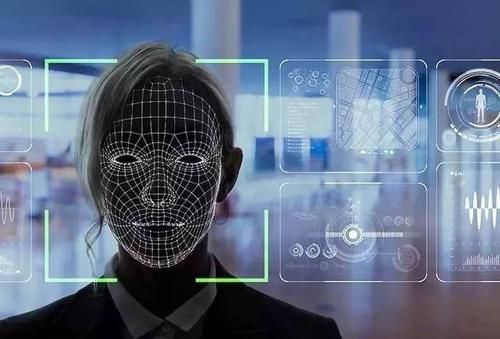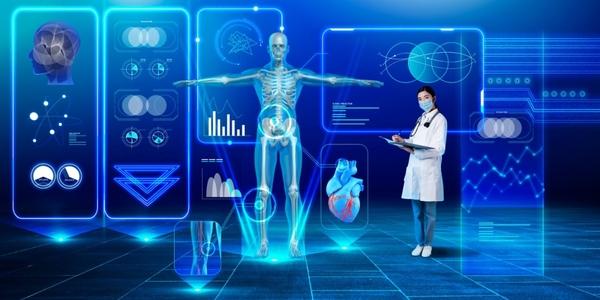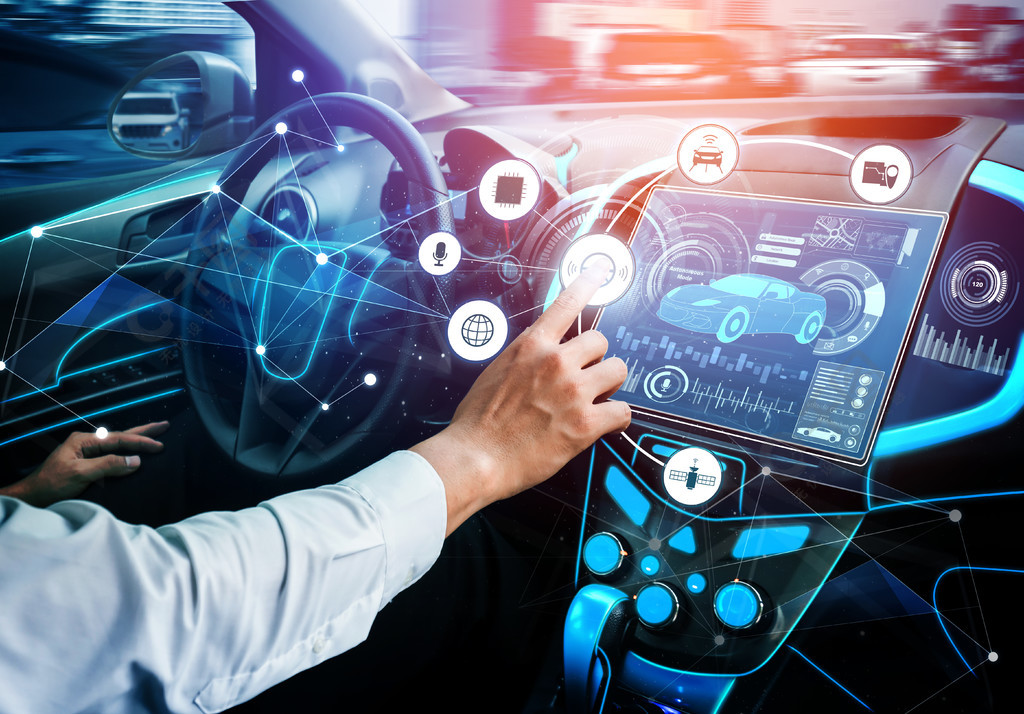Is the popularity of AI just a simple face recognition?
The rise of AI and the complexity of face recognition
With the rapid development of artificial intelligence (AI) technology, face recognition systems have gradually entered our daily lives and become a common means of identity authentication and security monitoring. Many people think that face recognition is just "a simple face scan", but in fact, this technology involves complex algorithms and a lot of data processing.

The workflow of face recognition technology includes the following steps:
1.Data acquisition: Use a camera to capture the user's facial image.
2.Image preprocessing: De-noise, scale and align the image to ensure accurate extraction of facial features.
3.Feature extraction: Use deep learning models to extract facial features and form feature vectors.
4.Matching and verification: Compare the extracted features with the features in the database to verify the identity.
This process not only requires high-quality hardware support, but also relies on advanced algorithms and massive data for training to improve the accuracy and efficiency of recognition.
The COVID-19 pandemic has brought huge changes to the world, forcing companies to take some measures to maintain their business and achieve digital transformation. In order to reduce unnecessary contact and improve the efficiency of data collection and analysis, new smart applications are appearing more and more frequently in all walks of life, and related technological innovations are also increasing. At the same time, a revolution in artificial intelligence is also quietly taking place.

Convenience brought by AI
The application of AI technology is everywhere, which has greatly changed our lifestyle. Here are some notable conveniences:
- Smart assistants: Voice assistants like Siri, Alexa and Google Assistant can help users with daily tasks such as setting reminders, querying information and controlling smart home devices.
- Personalized recommendations: On e-commerce platforms, video streaming services and social media, AI algorithms can analyze user behavior and provide personalized product and content recommendations to enhance user experience.
- Health monitoring: Wearable devices use AI technology to analyze users' physiological data, provide real-time health monitoring and suggestions, and help users better manage their health.
- Traffic management: Intelligent transportation systems use AI to optimize traffic flow, reduce congestion and improve road safety.
Autonomous driving: The application of AI in self-driving cars enables vehicles to perceive the surrounding environment in real time and improve driving safety.

Future development trends
Looking ahead, AI will develop more rapidly and extensively, and the following trends may emerge:
- Smarter cities: Future cities will rely on AI technology for management, from transportation, energy to public safety, to achieve intelligent management.
- Augmented reality and virtual reality: Augmented reality (AR) and virtual reality (VR) technologies combined with AI will create more immersive experiences in education, training, entertainment and other fields.
- More efficient manufacturing: Optimize production processes through AI to improve manufacturing efficiency and product quality.
- Establishment of ethical and legal frameworks: With the increase in AI applications, society's attention to data privacy and ethics will also rise, and the establishment of relevant laws and regulations will be an inevitable trend.
Terminals for AI technology application development
In AI application development, various terminals play a vital role. Here are some common devices and platforms:
Raspberry Pi:
A small, affordable computing platform suitable for beginners and DIY projects, capable of running a variety of AI-related applications.
Arduino:
An open source electronic prototyping platform suitable for simple sensor and control tasks, which can be combined with AI models to achieve intelligent applications.
NVIDIA Jetson series:
A computing platform designed for AI and deep learning applications, with powerful graphics processing capabilities, suitable for edge computing and complex visual processing tasks.
Intel NUC:
A small high-performance computer suitable for running more complex AI applications and models.
Google Coral:
A development platform for edge AI that provides an integrated TPU (Tensor Processing Unit) for efficient running of machine learning models.
Conclusion
The continuous development of AI technology is profoundly changing our lives, providing unprecedented convenience and efficiency. Although technologies such as face recognition seem simple, the complex algorithms and processing processes behind them determine the possibility of their widespread application. In the future, with the advancement of technology and the improvement of ethical regulations, AI will play a more important role in various fields, bringing new opportunities and challenges to the development of human society. By using suitable terminals and development boards, developers can easily build various intelligent applications and promote the further popularization of AI technology.







